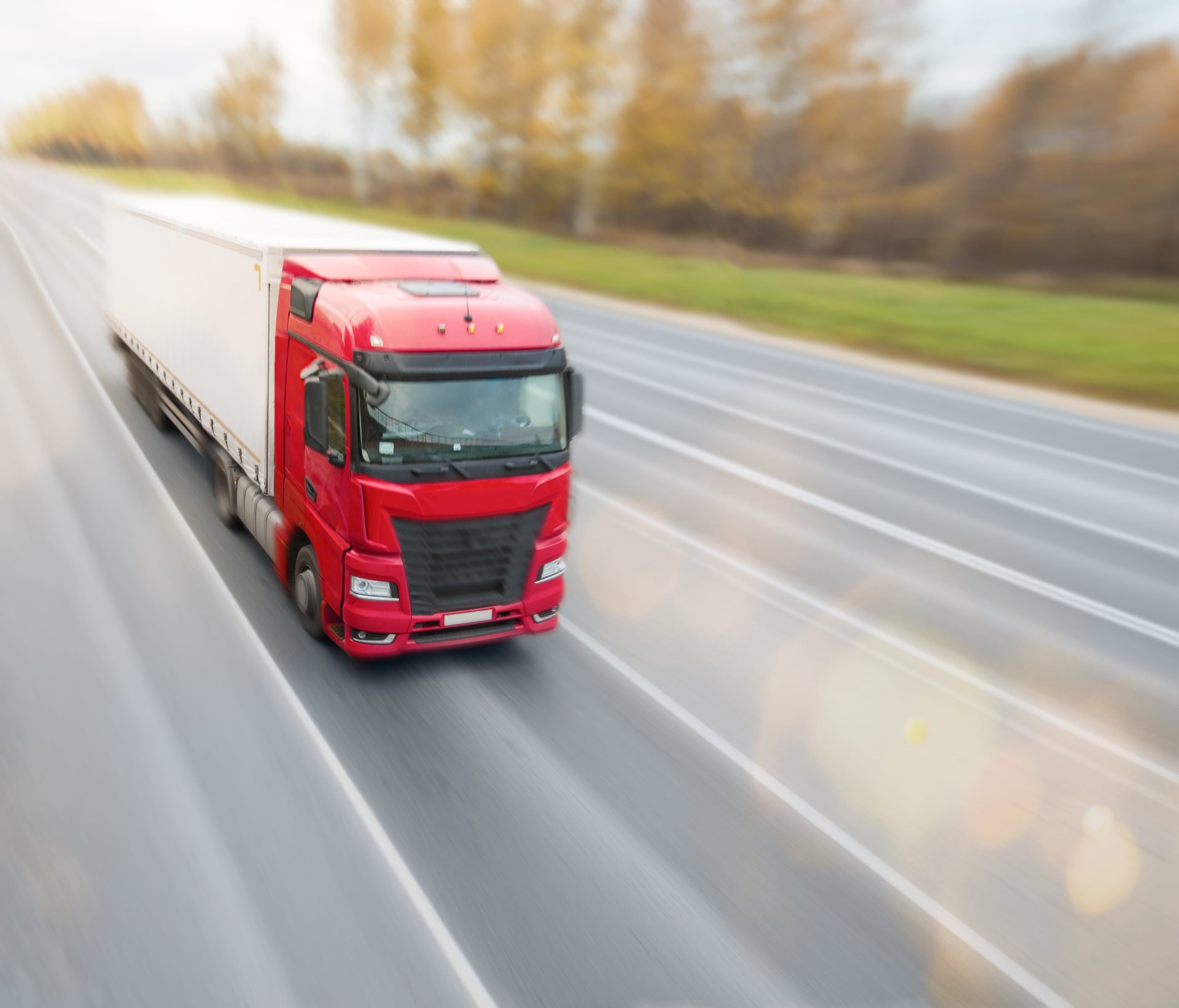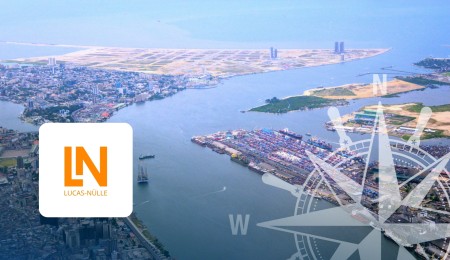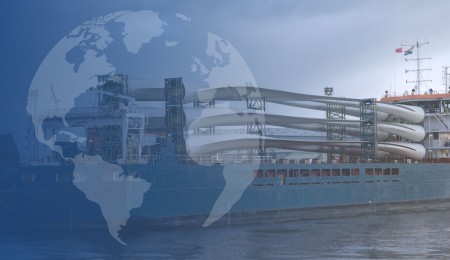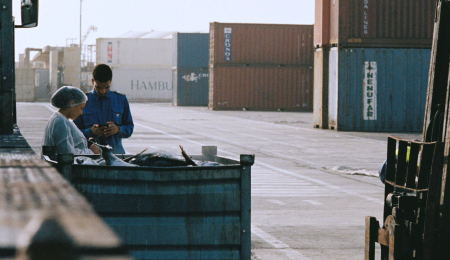
HGV toll in 2024 – what is changing?
The German government is breaking new ground in terms of transport policy with the latest expansion of the lorry toll: for the first time, it will be linked to the level of CO2 emissions - this was also envisaged in the coalition agreement between the traffic light coalition. The truck toll increase in the form of a CO2 component will come into force from 1 December 2023 and will cost an additional 200 euros per tonne of carbon dioxide emitted. In addition, trucks weighing 3.5 tonnes or more will also be subject to tolls from July 2024.
The clear vision of the decision-makers is to reduce greenhouse gas emissions in transport, accelerate the switch to alternative, climate-friendly drive systems in the transport sector and thus take a major step towards electrifying a third of kilometres travelled by 2030. Meanwhile, half of the earmarked additional revenue is to be used to improve transport infrastructure and the other half for measures in the rail network.
The initiators and supporters of the latest toll structure are also hoping for a so-called "modal shift" - i.e. a shift in transport volumes to more environmentally friendly modes of transport, for example from road to rail or inland waterways. However, they all too often ignore the fact that even with alternative modes of transport, upstream or downstream road transport is unavoidable.

More concerns than applause
The ambitious goals and the desire for more sustainable logistics may be a wish shared by all. But all of this comes up against a harsh reality - the sober figures of goods transport on the road. A simplified example calculation illustrates what freight forwarders and companies with lorry fleets are facing:
One litre of diesel fuel generates emissions of around 2.68 kg of CO2. A fully loaded 40-tonne truck with an assumed consumption of 35 litres of diesel per 100 kilometres therefore produces around 94 kg of CO2 per 100 kilometres over the same distance. After a journey of 1063 kilometres - roughly the distance from Frankfurt to Hamburg and back and therefore a classic route section in everyday logistics - this truck has therefore emitted around one tonne of CO2. From December 2023, additional toll costs of 200 euros would be incurred here alone. Assuming an average mileage of 10,000 kilometres per month, the additional costs for this period add up to almost €2,000 - per vehicle, mind you.
Those haulage companies that have already invested in more efficient or alternative drive technologies are less affected by lower CO2 emissions. Others could try to mitigate the impact and reduce the cost per transported unit by taking measures to increase their operational efficiency - for example through better route planning, higher utilisation of trucks or the bundling of shipments.
The bottom line is that the introduction of the CO component in the truck toll and the extension of the toll obligation to smaller trucks from 3.5 tonnes will definitely result in higher transport costs in Germany. This will affect both the transport sector itself and consumers - especially if hauliers and transport companies have to pass on the additional costs to their customers.

Will Germany's economy come under pressure?
The expansion of the HGV toll will not remain without consequences for the competitiveness of German companies. In an already tense market environment, higher logistics costs inevitably have a price-driving effect on exported goods. For the sea freight sector, too, the expansion of the toll means one thing above all: higher pre-carriage and on-carriage costs, which will make business more difficult and further reduce margins.
This could make German products less competitive on international markets - especially if transport costs generally account for a large proportion of total costs, for example in key domestic sectors such as the chemical industry or mechanical engineering.
It is not only since yesterday that some German companies have been forced to relocate their production or warehousing to countries with lower cost pressure in order to stay in the game. However, the truck toll increase from December 2023 or July 2024 could turn out to be another price driver.
Ultimately, the ability to pass on higher costs to customers depends on the market and competitive environment. Not all companies - whether producers or hauliers - will be able to pass on these costs in full without jeopardising their competitiveness.
The hope that the toll increase could lead to a rapid switch to more environmentally friendly vehicles can also be critically questioned. The necessary infrastructure for electric lorries or hydrogen drives is not yet available across the board in Germany, and the enormous investment costs are simply not affordable for many companies.
A gamble with an uncertain outcome
Higher freight rates, more expensive goods, lower competitiveness of the economy: despite all the positive hopes and goals, the toll amendment may manoeuvre Germany into uncertain waters. The German economy, an economy trimmed for efficiency and punctuality like a precision clock, is now confronted with an additional cost factor. Haulage companies that have invested in green technology may be in a better position - but for many, the journey will be a financial feat.
The expectation that heavy goods transport would quickly turn to green alternatives could prove to be deceptive. Last but not least, the high level of investment required and the lack of necessary infrastructure are obvious obstacles. What should be viewed positively in this context, however, is the earmarked use of additional revenue to improve road and rail infrastructure.
Until then, however, it remains a race against time - and against costs. After all, the toll increase could become a litmus test for German logistics and economic strength. Only time will tell whether the hoped-for effects - lower emissions, a switch to environmentally friendly vehicles - will materialise. The only certainty is that the road ahead will be a rocky one for everyone involved.






